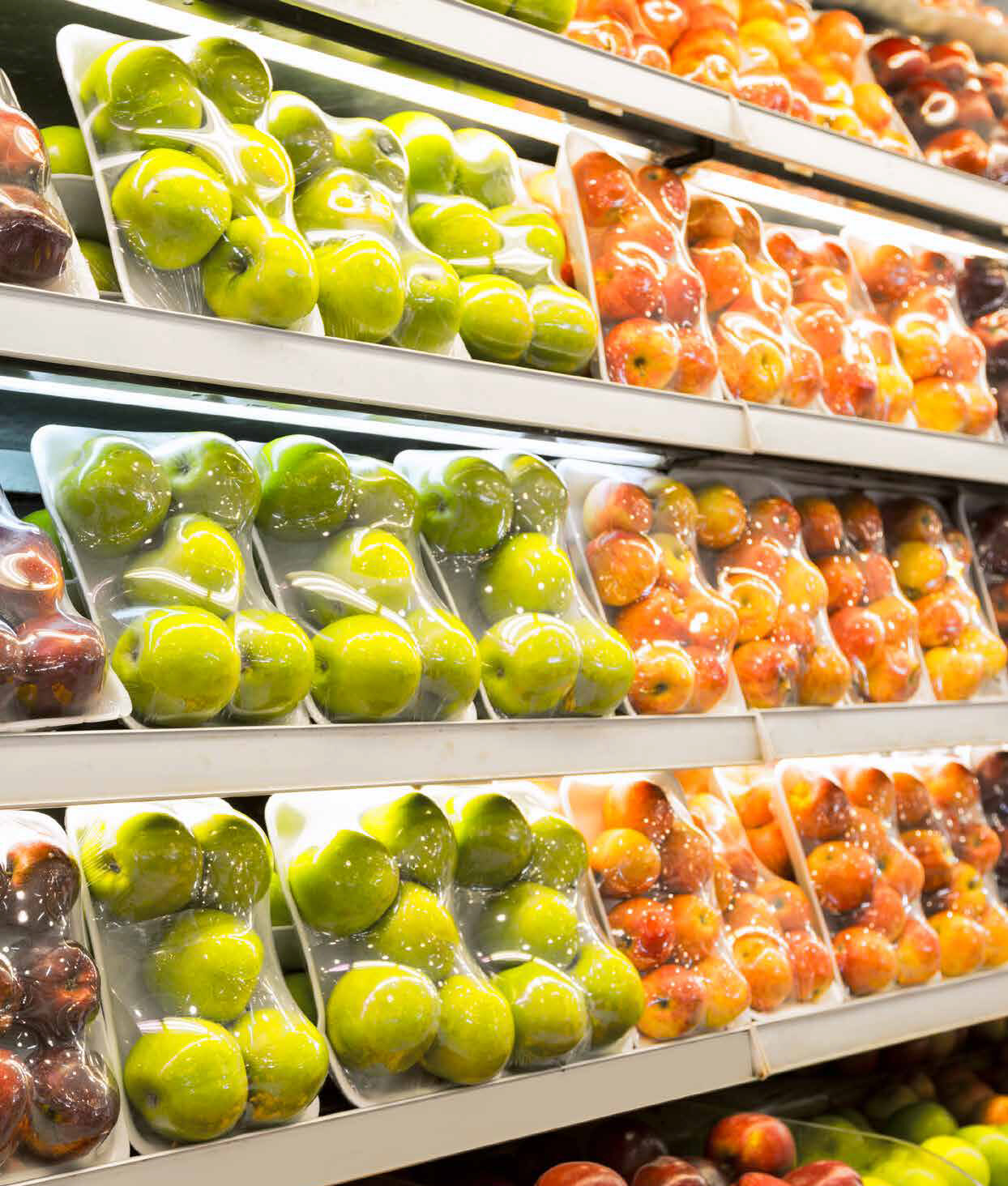
The aim of this project is to develop a methodology for quantifying direct and indirect GHG emissions that is homogeneous for all healthcare and social services institutions, adapted to their context, scientifically robust and easily operational.
CIRAIG contributed to the United Nations Environment Programme (UNEP) report “Single-use supermarket food packaging and its alternatives: Recommendations from life cycle Assessments”. This report compares the environmental impacts of single use plastic packaging versus alternative options for supermarket food, intended for home consumption, and provides recommendations to policy makers.


The aim of this project is to develop a methodology for quantifying direct and indirect GHG emissions that is homogeneous for all healthcare and social services institutions, adapted to their context, scientifically robust and easily operational.

Regioinvent is a Python module that connects ecoinvent to an international trade database (BACI) to ultimately achieve a complete regionalization of the ecoinvent database.

IMPACT World+ is a globally regionalized method for life cycle impact assessment (LCIA).
Privacy Policy | Cookie Policy | Manage consent
© CIRAIG 2022 – 3333 ch. Queen Mary, Montreal, QC